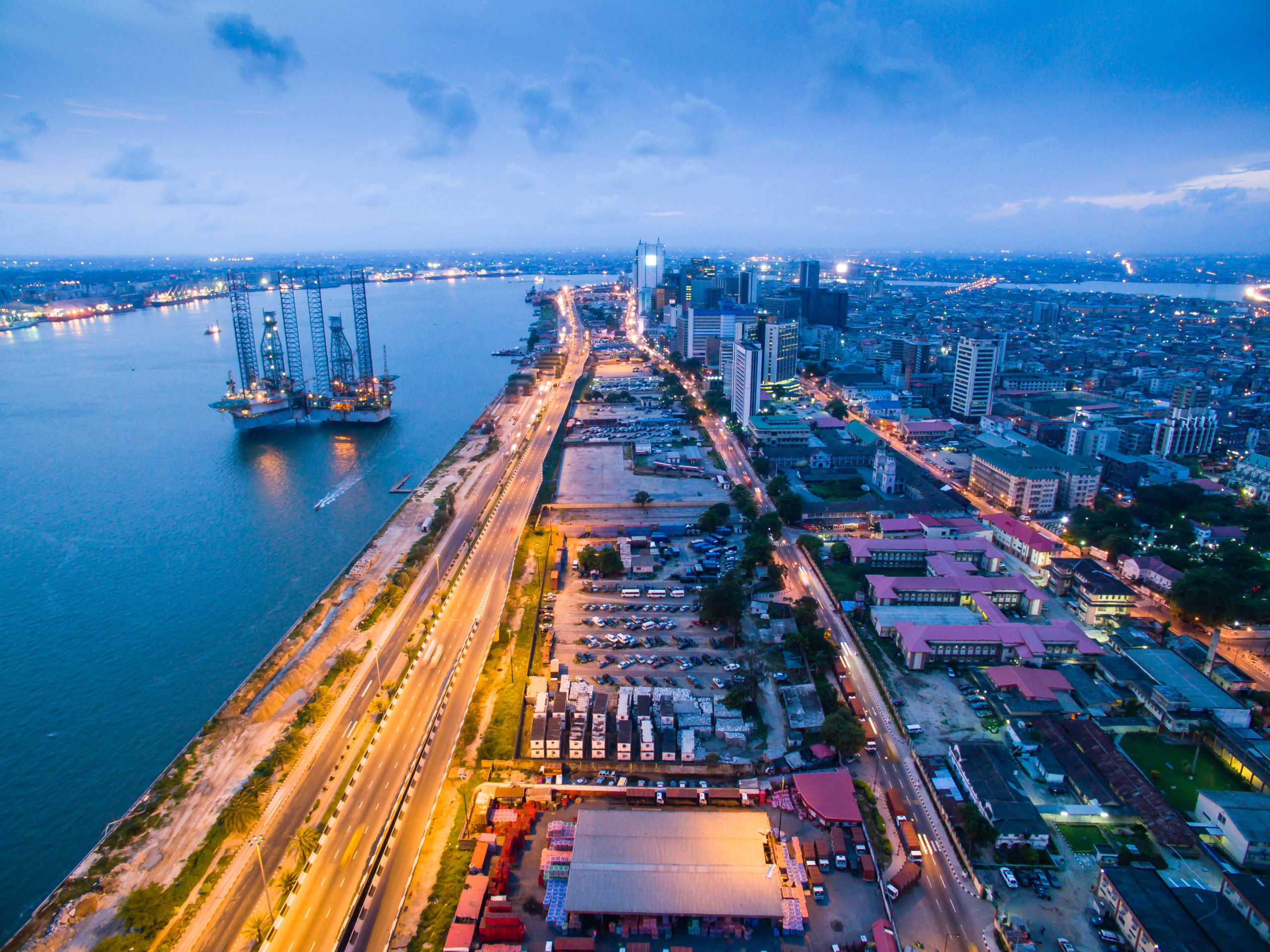After much speculation and debate over whether or not it would actually carry out the proposed ban, the Lagos State Government has followed through with its plan to eradicate commercial bikes and tricycles on major roads. Effective from the 1st of February, 2020, okadas and napeps (as they are more popularly referred to) can no longer ply any of the designated routes.
Let me first state that I will be speaking from both sides of the divide, but by the end of this post, you should know where I stand on the matter.

The government has claimed that its decision to put the ban in place was necessitated by the high rate of recorded bike accidents. But it has said nothing about why napeps are being included in that statistic. It also claims that the use of bikes and tricycles to steal was also factored into their decision. Very valid reasons to be honest, but then there is no denying that this move raises many questions that currently have no answers:
Why did the government agree to bring in companies like Gokada, Opay and Max in the first place? Is there no way to regulate the manner at which these bikes operate rather than an outright ban? Are robberies only synonymous with bike riders? What about one chance and the buses that were being used to perpetuate those crimes? What alternative means of transportation has the government provided to ease movement in Lagos? How would the livelihood of those affected by the ban be handled by the government? Won’t this just increase the rate of robbery, the very thing they were trying to bring down in the first place?

Seriously, I know the menaces the okada and napep riders can prove to be on our roads, but I also think there are better ways to handle such things. The traffic in Lagos has not mysteriously gone and there are now several routes left unattended, leaving countless Lagosians stranded at bus stops. I think more regulation, awareness and handling of these riders by organizations like the ones mentioned above would have been a better alternative than an outright ban. It would also preserve the livelihood of those whose futures are now being placed into uncertainty. The government should critically evaluate the implication of its ban. No law needs to be extreme; the common man should always be considered when making these types of decisions.
But that is just my opinion. Where do you stand on the government’s decision to ban okadas and keke napaps? Let us know in the comments section below.
